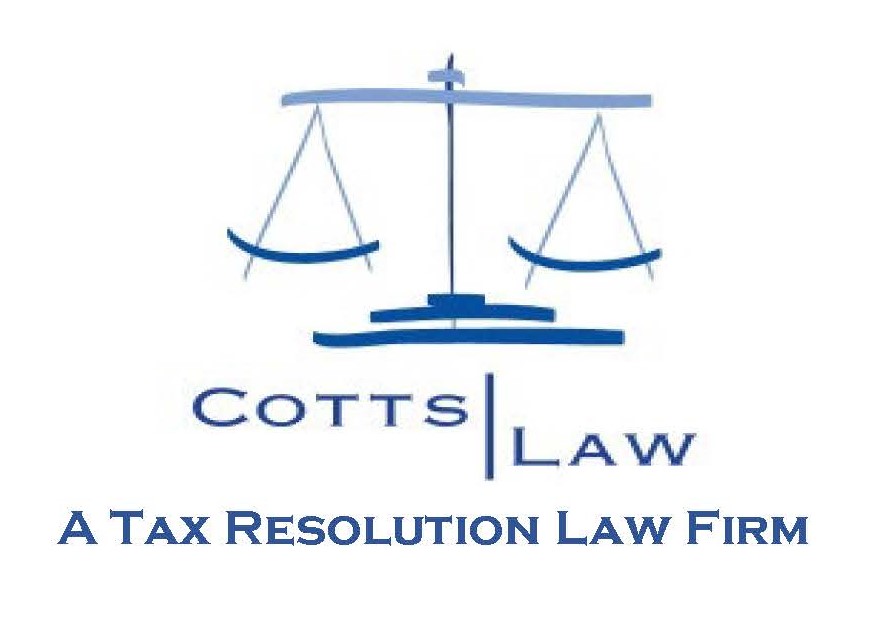The IRS issues penalties for a wide range of reasons — late filing, underpayment, failure to deposit payroll taxes, and more. These penalties often feel automatic, and many taxpayers assume they’re final. But the reality is, many penalties can be reduced or removed with the right legal strategy.
At COTTS Law, Attorney Daniel Cotts helps individuals and business owners challenge excessive or unfair penalties — not just because of what they owe, but because how they’re penalized can make the debt unmanageable.
The Big Three IRS Penalties
Failure to File Penalty
This is one of the steepest. It’s charged at 5% of the unpaid tax per month, up to a total of 25%.Failure to Pay Penalty
This penalty accrues at 0.5% per month until you pay the balance. It may sound small, but it adds up quickly — especially with interest added on top.Failure to Deposit (for employers)
If you’re responsible for payroll taxes, missing deposit deadlines or amounts can trigger severe penalties — sometimes 10% or more, depending on how late the deposit is.
What Most Taxpayers Don’t Know: You May Not Have to Pay All of It
The IRS issues millions of dollars in penalties every year — but they also remove or reduce penalties when taxpayers demonstrate one of the following:
1. Reasonable Cause Relief
You may qualify if you can show that something beyond your control caused the late filing or payment. Examples include:
Natural disasters
Serious illness or death in the family
Records destroyed in a fire or flood
Major financial hardship
Inaccurate professional advice
Documentation is key here — and how you present your case matters.
2. First-Time Penalty Abatement (FTA)
This is a little-known option for taxpayers who have a clean filing and payment history. If you’ve filed on time and paid taxes properly for the past three years, you may qualify for a one-time automatic relief — no special circumstances required.
3. Statutory Exceptions
In certain cases, penalties can be removed due to IRS error, identity theft, or specific tax law protections. These are less common, but should never be overlooked.
Why the Way You Ask Matters
Penalty abatement isn’t just about filling out a form. The IRS reviews the context and tone of your request carefully. A vague or disorganized explanation could lead to a denial, even if you technically qualify.
At COTTS Law, we approach each request strategically:
Framing your case using appropriate IRS language
Including only relevant and helpful documentation
Anticipating and addressing potential objections
Elevating the matter to IRS Appeals if necessary
As a tax attorney, Daniel Cotts is uniquely equipped to identify which legal avenues apply to your situation — and how to present your case most effectively.
What Happens If You Do Nothing?
Ignoring penalties leads to a snowball effect:
More interest accrues on both tax and penalties
Collections begin, including liens, levies, or garnishments
You may lose eligibility for other resolution programs
Your credit and business reputation can be harmed, especially in payroll tax cases
A Smarter Way Forward
Before you accept the full burden of IRS penalties, explore your options. In many cases, penalties can be reduced or eliminated — especially when approached by someone who understands IRS procedures and legal precedent.
At COTTS Law, we don’t just settle for what the IRS offers — we advocate for what’s fair.
Call COTTS Law for Help with IRS Penalties
Whether you’ve received your first notice or you’re years behind, don’t let penalties keep you stuck. Call today for a confidential consultation with Attorney Daniel Cotts. We’ll review your situation, determine what relief you may qualify for, and fight for the outcome you deserve.







